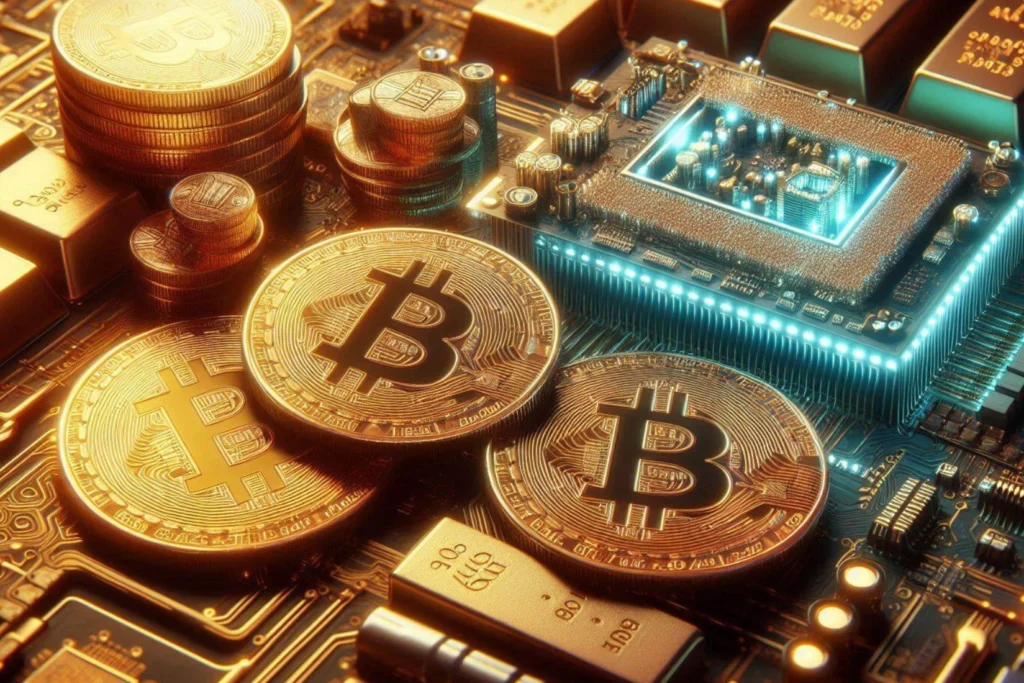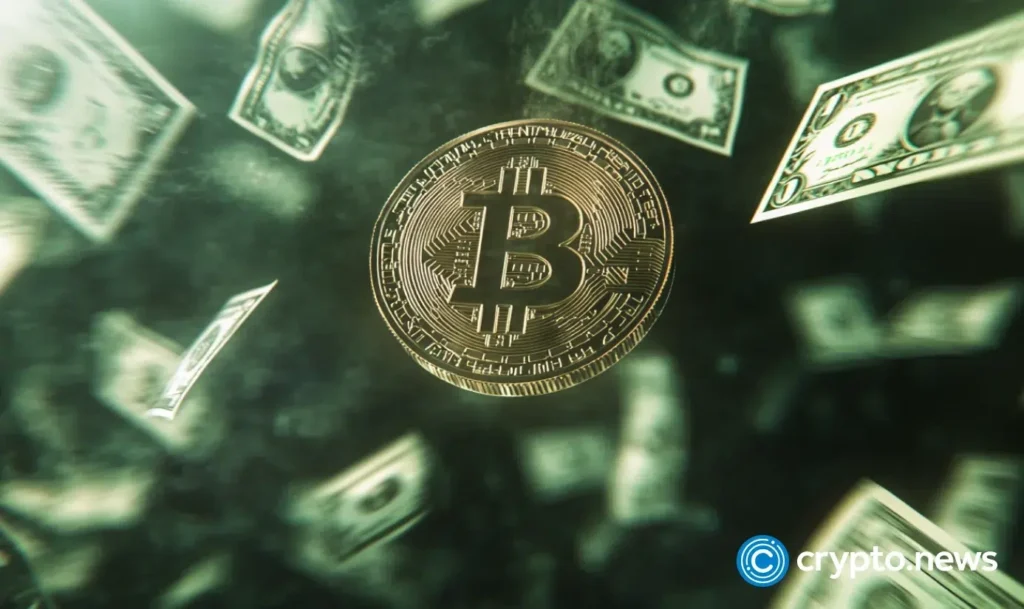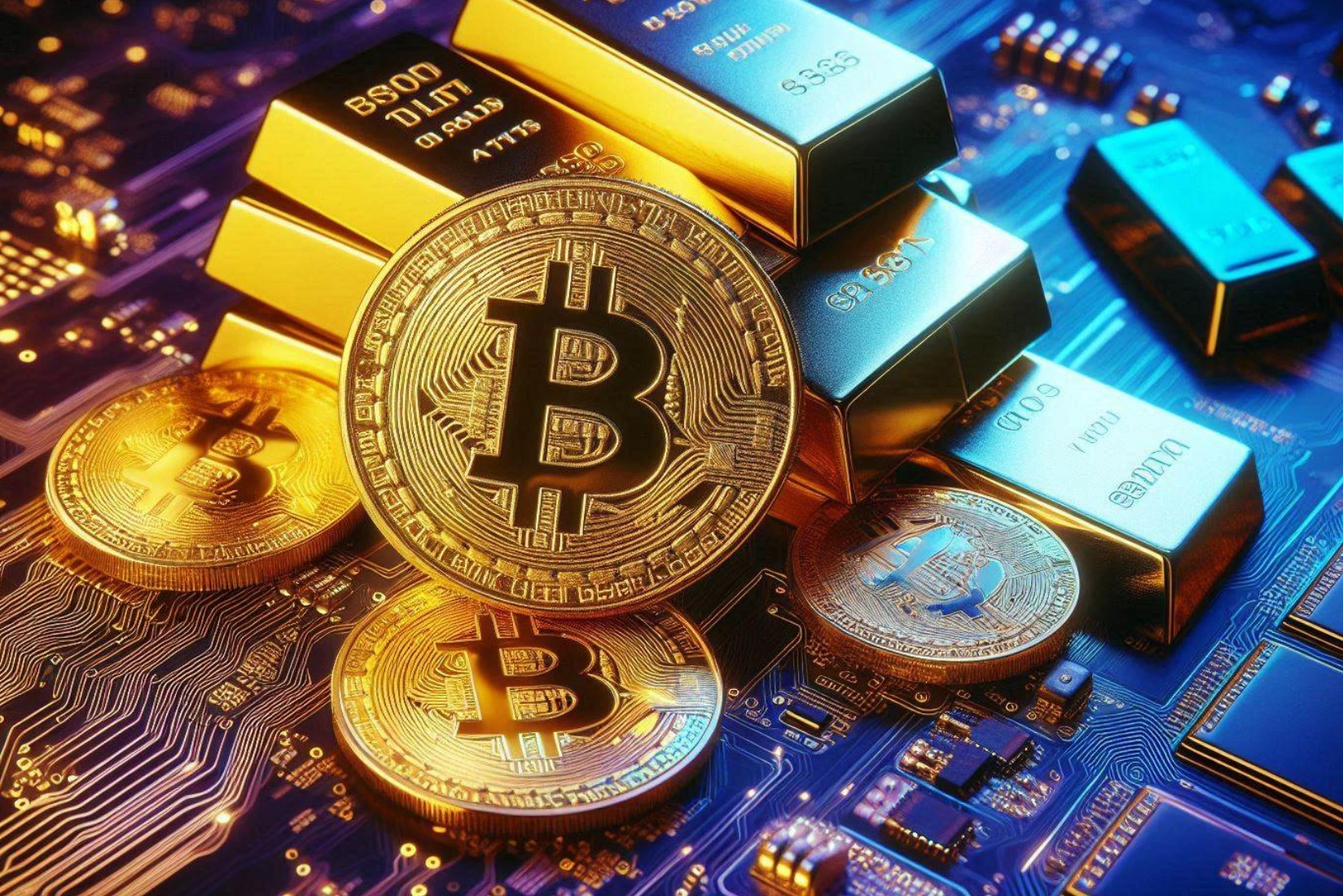There’s a lot of excitement around bitcoin as digital gold, especially when people talk about hedging against inflation or escaping fiat risk. But here’s the twist: governments and regulators are watching—and not always with a smile.
Let’s break down how this metaphor stacks up when it runs into the hard edges of global law, compliance, and policy.
How Bitcoin’s “Digital Gold” Status Faces Legal Ambiguity
At the surface level, the comparison feels poetic. Bitcoin is scarce, decentralized, borderless… much like gold, but online. Still, regulators don’t operate on metaphors. They want clarity, accountability, and—above all—control.
In most countries, Bitcoin isn’t classified as legal tender. Instead, it’s often treated as property, a commodity, or sometimes even a security—depending on how it’s used. The U.S. CFTC calls it a commodity. The SEC? They mostly stay vague. Meanwhile, Europe’s new MiCA regulation takes a more structured approach, though it’s still evolving.
So what does that mean for everyday investors and businesses? It means the label “digital gold” may make sense to the market, but in the legal world, Bitcoin’s identity is still… murky.


Not So Untouchable: What Governments Can Still Control
Let’s be honest—some folks imagine Bitcoin as untouchable. They say, “It’s decentralized, so no one can shut it down.” Technically true, yes. But practically? That’s a different story.
Governments can (and already do) regulate the on-ramps and off-ramps—meaning exchanges, wallets, custodians. China famously banned crypto trading. The U.S. is suing major players. India taxed crypto gains so heavily that it cooled the entire sector. So while the Bitcoin network may be global, your ability to use it legally still depends a lot on where you live.
That doesn’t make it worthless. It just makes the “digital gold” title a little more conditional than crypto diehards would like to admit.


Bitcoin as Digital Gold: Tax Implications and Compliance
Here’s the tricky part most people skip—taxes. Gold is generally taxed when sold at a profit, and so is Bitcoin. But the regulations around Bitcoin tend to be stricter, especially with reporting requirements.
In countries like the U.S., every sale, swap, or even spending of Bitcoin could trigger a capital gains tax event. That’s not something gold owners deal with every time they buy a coffee (which, let’s be real, gold isn’t great for anyway).
So while Bitcoin acts like gold in theory, in practice, its legal treatment might be even more complex. The “digital” side adds layers—blockchain trails, KYC rules, cross-border compliance… it adds up.

Is the Legal World Catching Up or Clamping Down?
Some would say regulators are just playing catch-up. Others argue they’re deliberately slowing down innovation to keep legacy systems in control. Maybe it’s a mix of both?
What’s clear is that no major economy wants to let Bitcoin grow unchecked. It challenges monetary sovereignty. It bypasses capital controls. And yeah—it’s used in illicit finance sometimes. But that’s true of gold too, and even cash.
So the question becomes: will lawmakers try to ban or embrace Bitcoin’s “digital gold” role? So far, we’ve seen efforts on both sides. Think El Salvador (pro-Bitcoin) vs. China (strict bans). The legal landscape remains uneven—almost patchwork.

Conclusion: The “Digital Gold” Label Carries Legal Baggage
To sum up, bitcoin as digital gold is a compelling idea—but it doesn’t shield the currency from real-world laws. Governments may not be able to kill the Bitcoin network, but they can regulate how it’s accessed, taxed, and integrated into the broader economy.
So, next time someone says Bitcoin is “like gold, but better,” maybe ask: better… for whom? The user? The regulator? The taxman?
It’s still early days in this legal drama—and a lot can change.
Relevant news: 7 Perspectives That Explain Why Bitcoin Is Called Digital Gold











